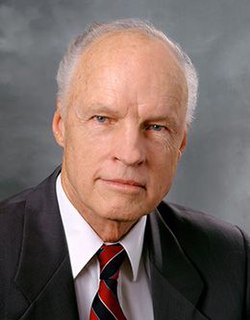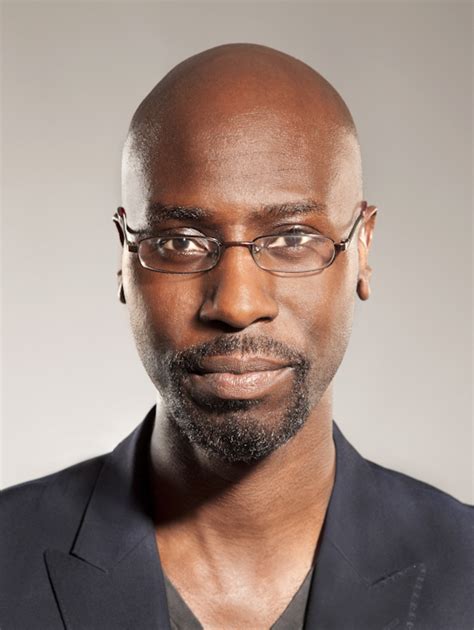A Quote by Rajneesh
If you meditate long enough, deep enough, it is impossible for you to hurt anybody for food; it is impossible. It is not a question of argument, it is not a question of scriptures, it is not who says what, it is not a question of calculating that if you take vegetarian food you will become spiritual; it is automatic. It is not a question of cunningness, you simply become spiritual. The whole thing seems so absurd. Just for food, killing animals, birds, seems so absurd, it falls down.
Related Quotes
It is the other way round: food cannot make you spiritual, but if you are spiritual your food habits will change. Eating anything will not make much difference. You can be a vegetarian and cruel to the extreme, and violent; you can be a non-vegetarian and kind and loving. Food will not make much difference. In India there are communities who have lived totally with vegetarian food; many Brahmins have lived totally with vegetarian food. They are non-violent but they are not spiritual.
To be a scientist you have to be willing to live with uncertainty for a long time. Research scientists begin with a question and they take a decade or two to find an answer. Then the answer they get may not even answer the question they thought it would. You have to have a supple enough mind to be open to the possibility that the answer sometimes precedes the question itself.
What is there to understand? The significance of life? How long will it take to understand the significance and the meaning of life? 20 years? 30 years? And the same question will be here in another 20 years, I guarantee you. Until you stop asking that question. When that question is not there, you are there. So that's the reason why you keep asking the question: you do not want the question to come to an end. When that comes to an end, there will not be anybody, left there, to find out the meaning, the purpose and the significance of life.
• This seems impossible to me. It seems biologically impossible to stay the same size, although I must. It seems one must always be either bigger or smaller than they were at some arbitrary point in time to which all things are compared. The panties that are possibly tighter than they were. When? You can't say when. But you are absolutely positive no question that it's true.
I think America's food culture is embedded in fast-food culture. And the real question that we have is: How are we going to teach slow-food values in a fast-food world? Of course, it's very, very difficult to do, especially when children have grown up eating fast food and the values that go with that.
I think Americas food culture is embedded in fast-food culture. And the real question that we have is: How are we going to teach slow-food values in a fast-food world? Of course, its very, very difficult to do, especially when children have grown up eating fast food and the values that go with that.



































